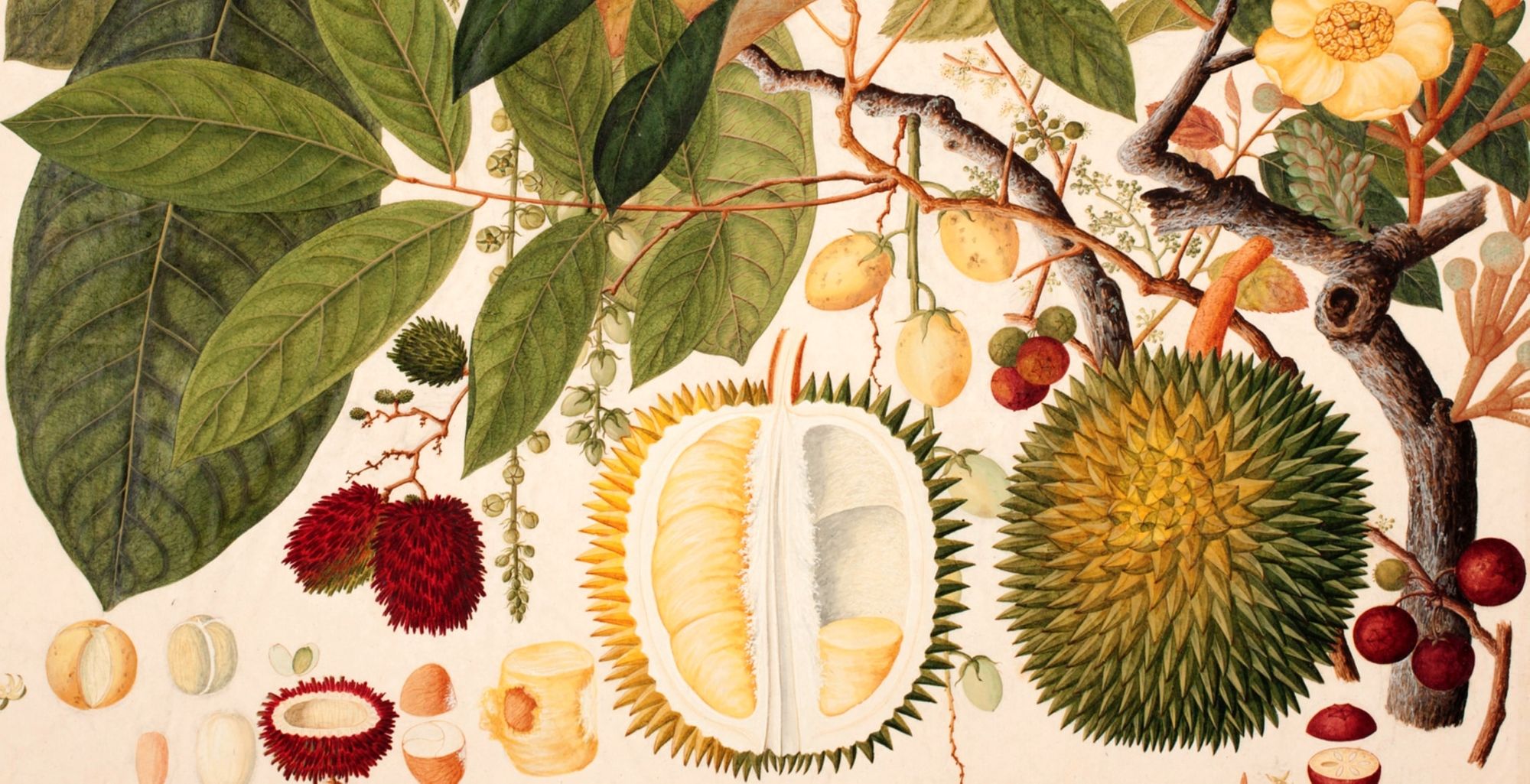
In partnership with:
Funded for 3 years by:
Project initiated: October 2018
Plant Humanities Lab released: March 2021
View the Plant Humanities Lab
Concept
The Plant Humanities Lab uses original scholarship, linked open data and integrated primary and secondary resources to narrate and to foster the exploration of the cultural histories of plants and their influence on human societies.
Our work:
- This project was conceived at a workshop on botany and the humanities held at Dumbarton Oaks December 2017. This video captures the structured brainstorming at the workshop and describes a handful of the most promising ideas that emerged at the workshop and inspired the Plant Humanities Initiative.
- Having received funding from the Mellon Foundation, Dumbarton Oaks and JSTOR convened an advisory committee for the project. The advisory committee meets twice yearly.
- In 2019, we developed the linked open data infrastructure and an initial knowledge graph and iterated on designs to surface that data during a flash build at Dumbarton Oaks with Plant Humanities summer fellows.
- In 2020, building on this infrastructure, we worked with Dumbarton Oaks fellows to create the plant narratives at the heart of the Plant Humanities Lab, including the underlying services which will be open sourced as Juncture.
- We then developed the linked-open-data-aware search and discovery functionality which presents a plant-oriented window into the wealth of data available in WikiData and related primary and secondary sources from vast repositories such as JSTOR Global Plants, JSTOR, Artstor, and the Biodiversity Heritage Library.
- In March 2021, we released the Plant Humanities Lab as a beta.
In the coming months, we will release as open source Juncture, the tool underlying the Plant Humanities Lab visual essays and which helps researchers and students construct complex and compelling narratives using state-of-the-art tools for digital writing. We will also work with Dumbarton Oaks to share this work with various communities who might have interest in it.
News & Links
- The Plant Humanities Report - a report by researchers at Royal Holloway in partnership with Royal Botanical Gardens, Kew, commissioned by the UK’s Arts & Humanities Research Council (AHRC) under its ‘Where Next?’ scheme. November, 2022
- Cultivating History, the Plant Humanities at Dumbarton Oaks - in Perspectives on History, the newsmagazine of the American Historical Association
- Introducing the Plant Humanities Lab - Harvard Library Bulletin, Mar 25, 2021
- Plant of the Month series on JSTOR Daily
- Dumbarton Oaks and JSTOR award Plant Humanities Fellowships - The Harvard Gazette, Aug 19, 2019
- How Have Plants Shaped Human Societies? - Scientific American, Nov 13 2018
- Press Release Announcing the Plant Humanities Initiative - JSTOR, Oct 3 2018
- Livingstone's Zambezi Expedition — JSTOR Labs
Advisory Committee
Dumbarton Oaks and JSTOR Labs draw on the expertise of the joint Plant Humanities Initiative Advisory Committee to provide advice on scholarly programming, the development of the digital platform, and the selection of academic-year fellows.
- Janet Browne, Aramont Professor of the History of Science, Harvard University
- Peter Crane, President, Oak Spring Garden Foundation
- Martin Kalfatovic, Associate Director, Digital Programs & Initiatives, Smithsonian Libraries and Program Director, The Biodiversity Heritage Library
- Londa Schiebinger, The John L. Hinds Professor of History of Science, Stanford University
- Vanessa Sellers, Humanities Research Coordinator, The Humanities Institute, The New York Botanical Garden
- John Unsworth, Dean of Libraries, University Librarian, Professor of English University of Virginia